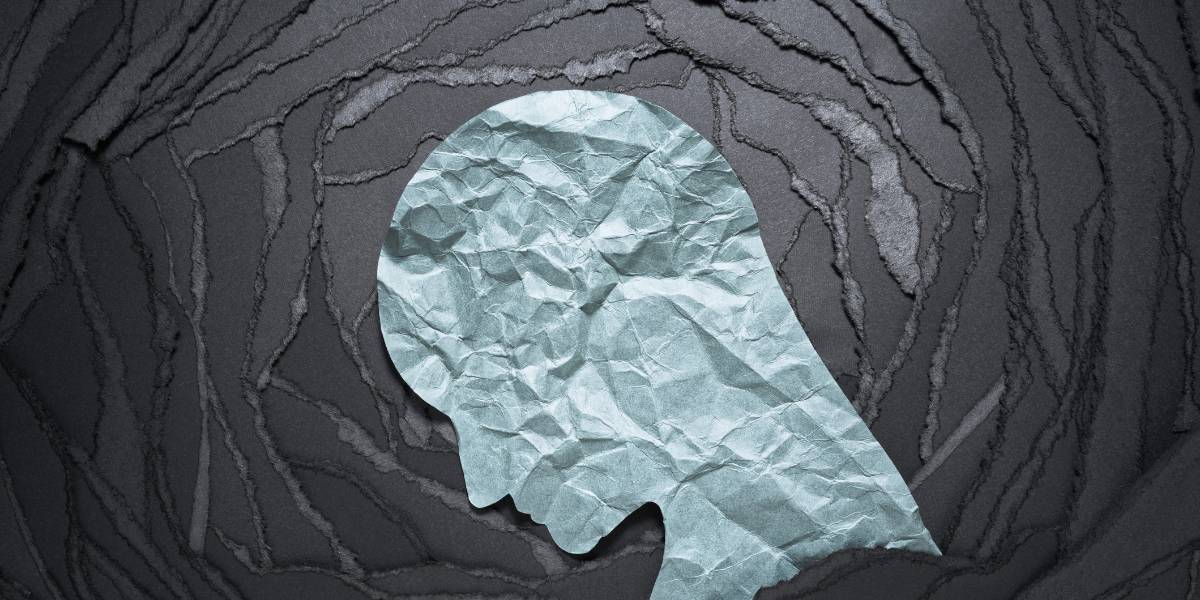People with diabetes have an increased risk of dehydration as high blood glucose levels lead to decreased hydration in the body.
Diabetes insipidus, a form of diabetes that is not linked with high blood sugar levels, also carries a higher risk of dehydration.
Symptoms of dehydration
The symptoms of dehydration include:
- Thirst
- Headache
- Dry mouth and dry eyes
- Dizziness
- Tiredness
- Dark yellow coloured urine
Symptoms of severe dehydration
- Low blood pressure
- Sunken eyes
- A weak pulse and/or rapid heartbeat
- Feeling confused
- Lethargy
Causes and contributory factors of dehydration
The following factors can contribute to dehydration. Having more of these factors present at one time can raise the risk of dehydration:
- Insufficient fluid intake
- Hot weather
- Strenuous exercise
- High blood glucose levels
- Alcohol
- Diarrhoea
- Vomiting
- Diabetes insipidus
Dehydration and blood glucose levels
If our blood glucose levels are higher than they should be for prolonged periods of time, our kidneys will attempt to remove some of the excess glucose from the blood and excrete this as urine.
Whilst the kidneys filter the blood in this way, water will also be removed from the blood and will need replenishing. This is why we tend to have increased thirst when our blood glucose levels run too high
If we drink water, we can help to rehydrate the blood. The other method the body uses is to draw on other available sources of water from within the body, such as saliva, tears and taking stored water from cells of the body.
This is why we may experience a dry mouth and dry eyes when our blood glucose levels are high.
If we do not have access to drink water, the body will find it difficult to pass glucose out of the blood via urine and can result in further dehydration as the body seeks to find water from our body’s cells.
Treating dehydration
Dehydration can be treated by taking on board fluids. Water is ideal because it has no additional sugar. If dehydration is more severe, and you require medical help, you may be given additional electrolytes (salts) which may be lost from the body through dehydration.
If dehydration is accompanied by hyperglycemia (high blood sugar levels), drinking sugary fluids such as fruit juices or sugary fizzy drinks could exacerbate the problem.
Depending on your treatment regimen, it may or may not be possible to actively lower your blood glucose levels.
People who self-adjust their insulin should only take additional insulin if their health team is comfortable with this action.
If in any doubt about how to treat dehydration or high blood glucose levels, contact your health team.
Dehydration and diabetes insipidus
Diabetes insipidus is a particular form of diabetes in which the body is unable to properly regulate the amount of water in the body.
Unlike other types of diabetes, diabetes insipidus is not connected with higher than normal blood glucose levels.
The symptoms of diabetes insipidus include passing large amounts of urine and feeling very thirsty.
If the body is passing too much urine, dehydration can result. In diabetes insipidus, dehydration is treated by taking on fluids.
People with diabetes insipidus may be advised to drink a specific amount of water each day and may be advised to take specific fluids that contain electrolytes if dehydration occurs.
- Read more on diabetes insipidus
Dehydration and kidney failure
The kidneys rely on sufficient water in the blood to operate properly. Therefore prolonged dehydration can affect the kidney’s ability to function. Chronic dehydration may lead to reduced kidney failure and the likelihood will be increased if you have existing impairments in your kidney function.
- Read more on diabetes and kidney disease
Dehydration and ketoacidosis
In people with diabetes, dehydration may be a symptom of very high blood glucose levels. In people with insulin dependent diabetes, ketone levels can rise to dangerous levels as blood glucose levels rise.
The combination of high ketone levels ( ketoacidosis ) and dehydration can be particularly dangerous and could lead diabetic coma if not treated immediately.
Charity Diabetes UK recommends that people with insulin dependent diabetes test for ketones if blood glucose levels rise above 15 mmol/l.
Dehydration and Hyperosmolar Hyperglycemic Nonketotic Syndrome
In people that are not insulin dependent, dehydration and high blood glucose levels can still be dangerous. Diabetes UK advise that Hyperosmolar Hyperglycemic Nonketotic Syndrome (HHNS) is more likely to occur if blood glucose levels rise to 40 mmol/L.








